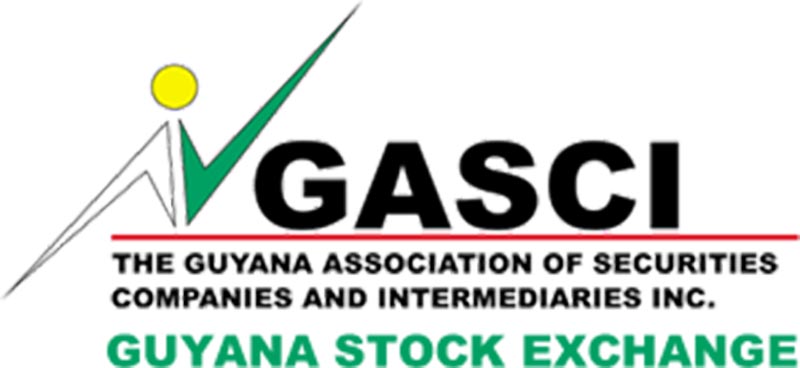While international stock markets have shown recovery during the first quarter of this year, the same cannot be said about the six markets in the Caribbean including Barbados. The regional market continues to struggle and according to Professor Justin Robinson, the Caribbean market lagged what has taken place in some key international markets.
Professor Robinson is the head of the Sagicor Cave Hill School of Business at The University of the West Indies (UWI). He has released the first edition of the Quarterly CARICOM Investment Report for the period January to March 2021.
In those three months, a total of 1.2 billion shares were traded on the six markets: The Bahamas, Barbados, Eastern Caribbean islands, Guyana, Jamaica, and Trinidad and Tobago.
Dr Robinson said that the period saw 74 stocks (or 34.5 per cent) posting gains in the quarter, and 104 others (49.7 per cent) declining. The others showed no movement.
However, the UWI professor said that companies in Jamaica did well and were the top performers. According to him, Ciboney of Jamaica posted the largest movement in share price, registering an increase of 128.7 per cent.
That company’s share price increased from 22 cents (US) a share to 52 cents (US) a share, while at the same time some 32.4 million of the company’s shares were traded.
The companies surveyed were drawn from such sectors as communications, conglomerate, energy, finance, manufacturing, property, retail, tourism, and utilities. Preference shares were also assessed.
Professor Robinson said that the quarterly report was built around a number of unique indices, including two broad market indices and five sector indices.
The creation of the indices showed a market value of Bds$64.2 billion at the end of March.
The UWI official told the audience that the Caribbean All Share Index (CASX), which tracks returns on all listed shares in CARICOM, stood at 999.2 points, a decline of 0.80 points. The CARICOM Select 30, which deals with returns on the 30 most influential stocks across the region, declined by three per cent.
Reprinted from the Barbados Business Monday








